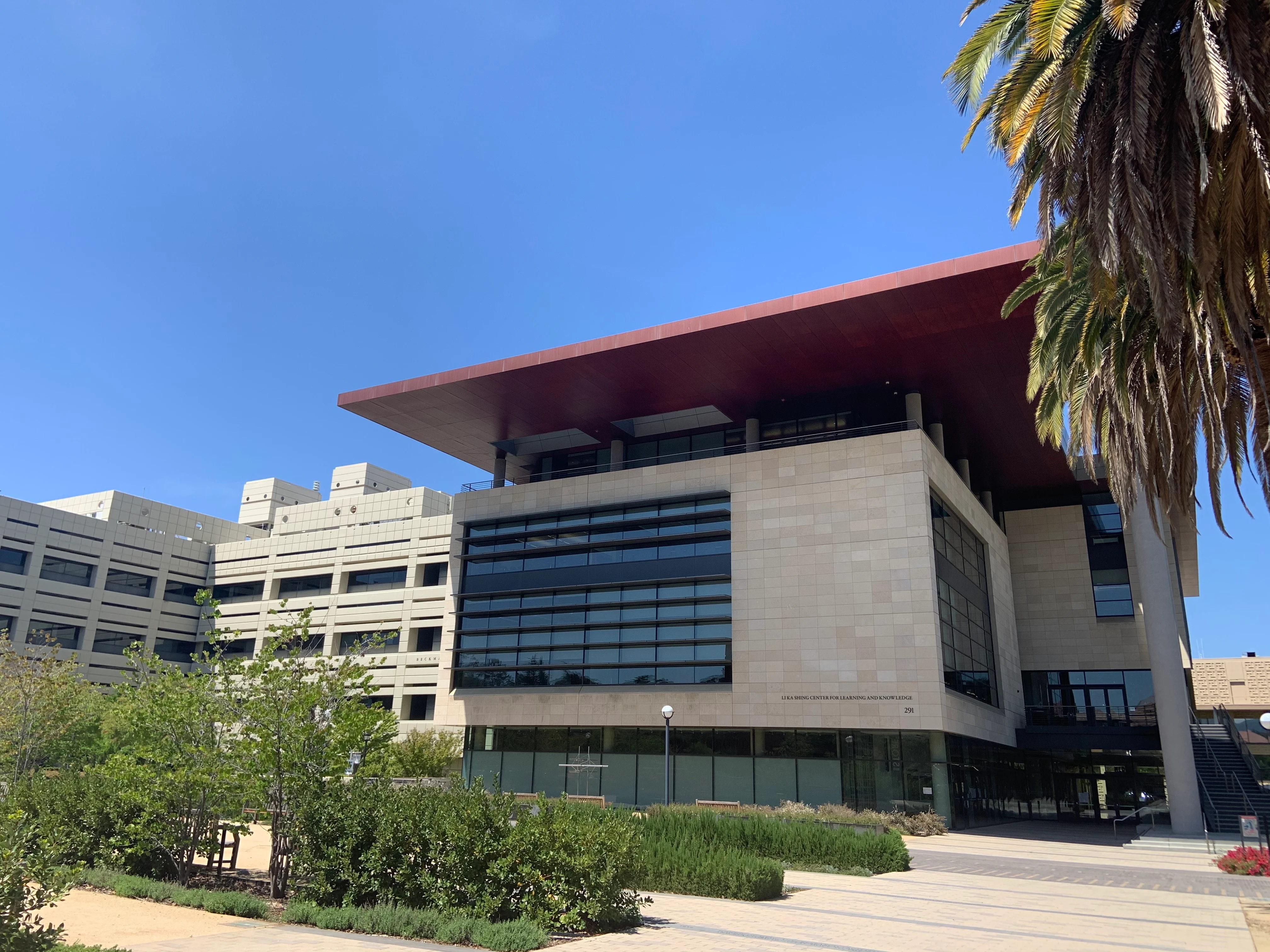Yoga with Intention brings together breast cancer patients and survivors from around the world weekly to support their recovery.
Hosted by the department of psychiatry and behavioral sciences at Stanford Medicine and the Santa Barbara Breast Cancer Resource Center, the public series is led by Christiane Brems, a clinical professor at Stanford Medicine, every Thursday over Zoom. Brems said the most rewarding part of the program was the community that has emerged from it.
As a breast cancer survivor herself, Brems said yoga and meditation were key to her recovery. She is a licensed psychologist, board-certified clinical psychologist, registered yoga teacher and certified C-IAYT yoga therapist. She was invited to serve on the Board of Directors for the Santa Barbara Breast Cancer Resource Center not only because of her yoga credentials but also because of her cancer journey.
“The women in this program have touched my heart with their incredible community and mutual support,” Brems said. “Despite their difficult journeys, they bring beautiful, open hearts to the practice, and it’s incredibly touching.”
The series focuses on a new theme each month. In July, the theme was lymphedema, and in August the theme was opening the “heartspace.” Patients emphasized the value of these weekly sessions on their recovery.
Louisa Johannessen, a breast cancer patient who recently underwent surgery in her right arm, found that even smaller movements and breathing exercises in the yoga series have “a profound impact.”
“I didn’t know such simple movements were part of yoga,” Johannessen said. “I always thought it was these difficult poses, but this has been really helpful to me, physically, mentally, emotionally and spiritually.”
The accessibility of the class contributed to her positive experience, Johannessen noted. Commercial yoga classes are often too competitively paced, she said, but Brems’ class was different.
“When I was invited to serve on the board, one thing I immediately [asked] was, ‘Can we work toward getting a yoga class going for people who are either going through treatment or are post-treatment or in recovery?’” Brems said. “They were pretty excited about that.”
Rachel Wu Ph.D. ’16, who first joined the class because of her mother’s breast cancer diagnosis, is a substitute teacher for Brems, a role she described as “an honor.”
“I felt I learned a lot from the students. They are role models of resilient beings,” Wu said. “I just feel so grateful to be sitting with them and to share their healing and growing experiences together.”
